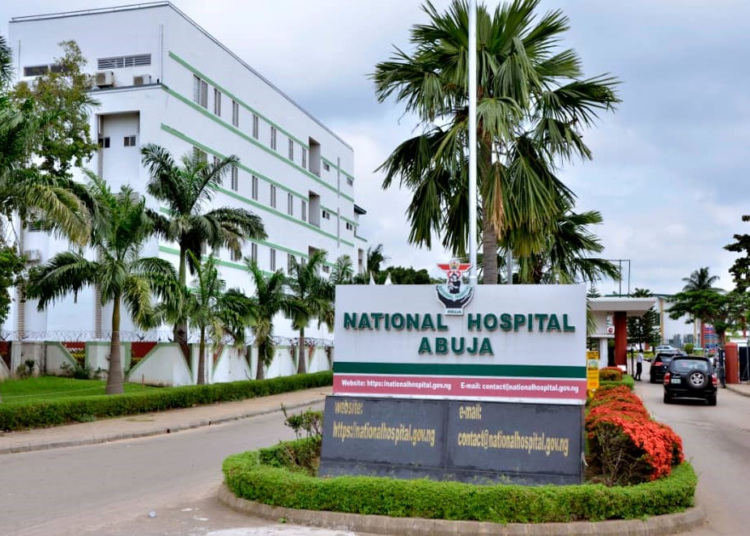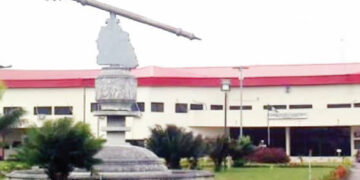The National Hospital Abuja has recorded a remarkable increase in its Internal Revenue (IGR), attributed to implementing a cutting-edge electronic medical records (EMR) system.
The hospital’s IGR has nearly doubled within 18 months, rising from approximately N180–N200 million per month to N500 million.
The chief medical director, Prof Mahmud Raji, said the transformation directly results from the hospital’s commitment to digitalisation.
The CMD, who spoke on Monday during a press briefing as part of activities to mark its 25th anniversary, said that the EMR system has streamlined processes, reduced inefficiencies, and eliminated corruption and financial leakages.
Prof Raji said digitalisation has enhanced transparency and accountability and made work more accessible for staff, increasing their satisfaction and productivity.
“We are about the first to start digitalising our electronic medical records. Right now, we have the most advanced electronic medical record system. That has increased transparency. It has cut off a lot of corruption and leakages. Because of some of these changes, you can see how much of IGR we have been able to increase within a year or so.
“When we started about a year and a half ago, our IGR was roughly about 120, sorry, 180, tops 200 million per month. We are clocking about 400 plus, nearly 500 million per month. That’s just within a couple of months,” he explained.
The hospital’s transition to advanced digital systems has positioned it as a leader in healthcare innovation in the country, said Prof Raji, adding that the newfound efficiency has bolstered revenue and improved patient care, creating a more transparent and accountable healthcare delivery system.
Despite its achievements, the National Hospital faces significant challenges, primarily related to funding. While federal government support is critical, the CMD emphasised the need for private sector involvement, Public-Private Partnerships (PPPs), and collaboration with international organisations. Such partnerships, he noted, are vital to sustaining and expanding the hospital’s services.
“We have enormous challenges. Most of these challenges involve funding; Support can come from the federal government. However, we must be careful because we know the federal government cannot cover the country’s financial burden on health. It cannot, even if it wants to.
The country has many competing interests and needs, from security to food and whatnot. That means that some other factors, influences, or stakeholders need to intervene. Part of this is private stakeholders.
They can come in as individuals and philanthropists to improve some of our facilities and enhance some of our services. Or they can come in the form of a PPP to engage us, and then we are willing and open to doing PPPs with them in so many other fields. And we also wish to have international and national collaborators who can come first to interface and see how best to move this healthcare forward,” the CMD stated.





